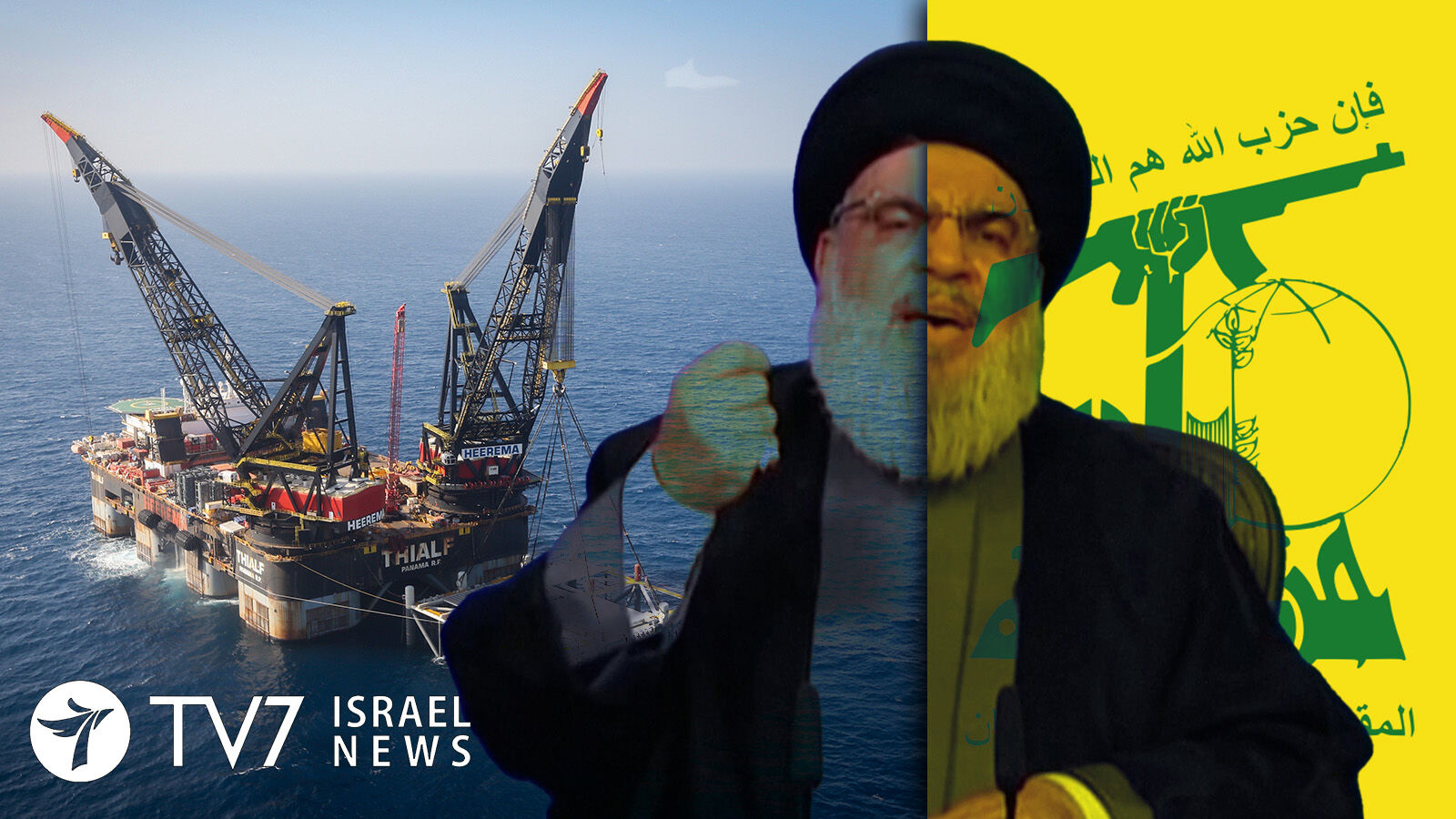The threat was issued in a statement by the terror group’s Deputy Secretary General Sheikh Naim Qassem regarding Lebanon’s maritime dispute with Israel.
By Erin Viner
“When the Lebanese state says that the Israelis are assaulting our waters and our oil, then we are ready to do our part in terms of pressure, deterrence and use of appropriate means – including force,” Qassem said.
The heavily armed, Iran-backed terror group was speaking out one day after a floating production storage and offloading Energean vessel arrived in the Mediterranean Sea at the Karish field, about 80 km (50 miles) west of the Israeli city of Haifa, which the London-based hydrocarbon exploration and production company said it plans to bring online in the third quarter.
Israel firmly maintains that the reservoir is part of its exclusive economic zone (EEZ) while Lebanon has begun to claim it lies within its territory. The Arab Republic further complicated the matter by expanding its claim by around 1,400 square km (540 square miles) over the initial Decree 6433 Lebanon submitted to the United Nations in 2011.
While Hezbollah “urged the government to hurry up” and set a deadline for a “a decisive decision” on the matter, Naim stressed that Hezbollah would act “no matter the responses” even if it led to a broader conflict. The terror group is believed to posses an arsenal that exceeds that of the Lebanese Armed Forces.
Lebanese President Michel Aoun and Caretaker Prime Minister Najib Mikati have both warned Israel against operations in Karish, prompting fears of a violent escalation over the issue.
The United States has been trying to mediate indirect talks between the two sides in a process that began in 2000, in attempts to resolve the longtime conflict that has obstructed energy exploration in the eastern Mediterranean Sea.
At stake is a triangle of water resulting from Lebanon claims to an angle farther south while Israel’s claim runs farther north.
Revival of talks aimed at reaching a settlement in 2021 have stalled, after Beirut failed to respond to an undisclosed proposal by Washington’s envoy Amos Hochstein earlier this year.
Lebanese Parliamentary Speaker Nabih Berri told lawmakers this morning during session that Hochstein will visit Beirut on either Sunday or Monday of next week to discuss the matter. Earlier this week, both President Aoun and the Premier had invited the US mediator to hold talks on “completing the negotiations to demarcate the southern maritime border and to work on concluding the issue as fast as possible to prevent any escalation that would not serve the state of stability in the region,” according to a statement Mikati wrote on Twitter. He added that Lebanon would contact major powers and the United Nations to affirm its its contention that any Israeli drilling or exploration in the disputed area would be “a provocation and an act of aggression” that threatens peace and security.
Israel has dismissed the Lebanese accusation as “very far from reality” and maintains the issue is a civilian issue to be resolved diplomatically brokered by the US.
Responded to the latest developments in televised remarks, Israeli Defense Minister Benny Gantz underscored that, “everything to do with the dispute will be resolved in the framework of negotiations between us and Lebanon, mediated by the United States,”
When asked during an interview with Tel Aviv radio station 103 FM if there has been any encroachment on contested waters, Israeli Energy Minister Karine Elharrar insisted, “unequivocally no.”
Calling the prospect of a wider escalation a “disconnect between rhetoric and reality,” Minister Elharrar went on to express her view that “they” – in apparent reference to Hezbollah – will not “take action.”
She nevertheless stressed that “Israel is making preparations (and) I recommend that no one try to surprise Israel.”
There has been no immediate comment on rising tensions from the US.
